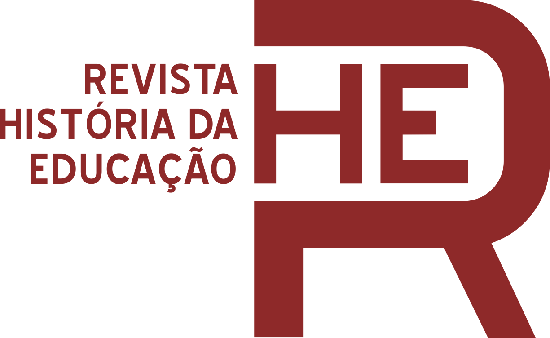In this article I will discuss the novel Le avventure di Pinocchio: storia di un burattino by Collodi, that firstly appeared serialized in Il giornale per i bambini, a children's magazine, and was published in 1883. I would like to start from the following question: can we consider Pinocchio a Bildungsroman? And I'll show that it is hardly possible to do so, for the reasons that I am going to discuss mainly due to the fact that there is no change in Pinocchio. The second question I would like to answer is whether this novel is actually a novel for children. I will argue that Pinocchio is actually a book against children, a book that does not consider the nature and the feelings of the poor boy, but simply aims at forcing him to adapt to the world outside. This world is made up of specific values and certainties that Pinocchio does not manage to understand throughout the story: the cause-effect logic, first of all, and the practical vision of the world as an economic entity. These are the same values and certainties that characterize the post Risorgimento period (from 1861 onwards) and the pursuit of the Italian nation. Pinocchio does not understand them, but, after all the adversities he goes through during his adventures, he decides to accept them as if they were his inner world.
Pinocchio; Collodi; children's literature; Italy; education; 19 century
